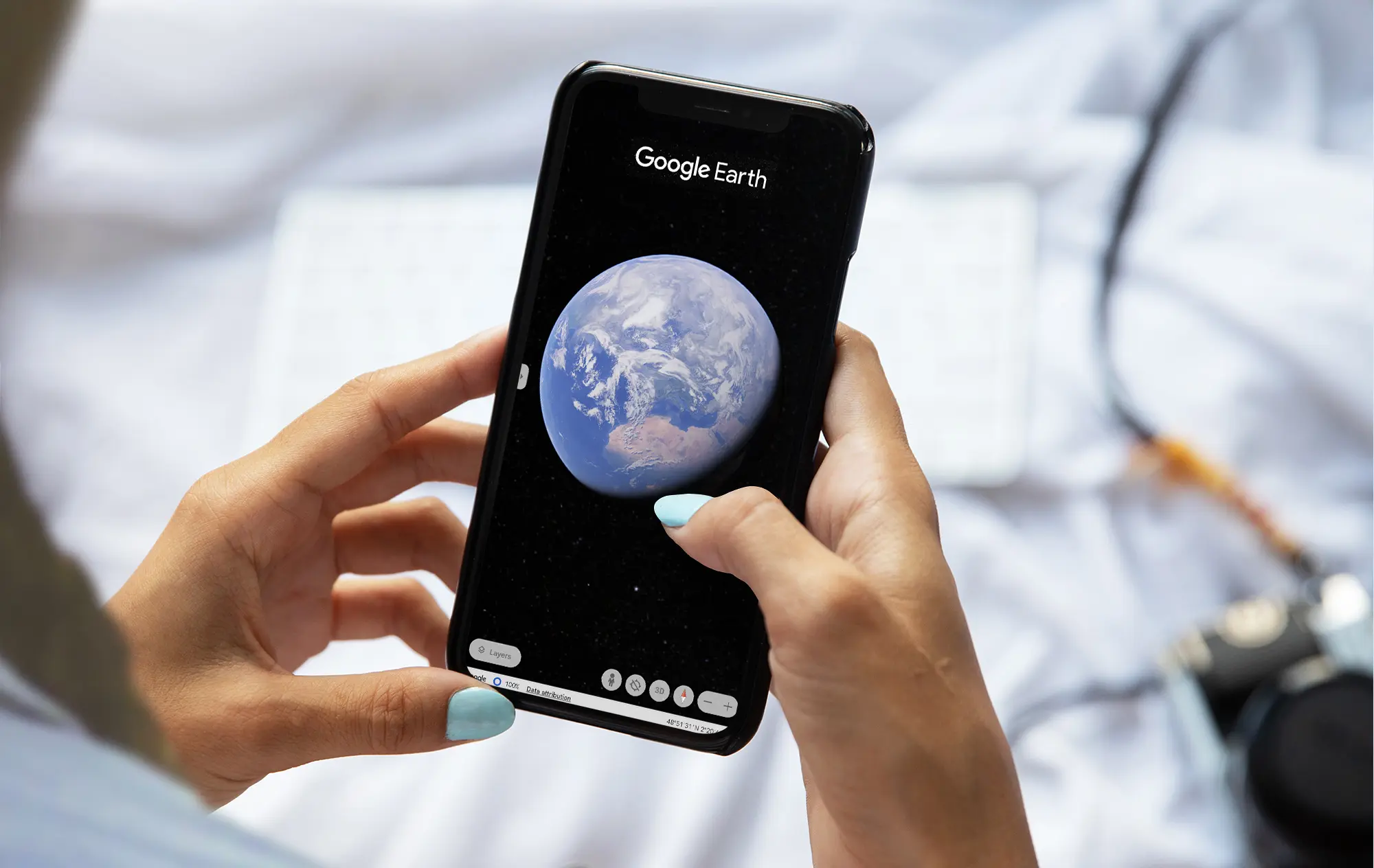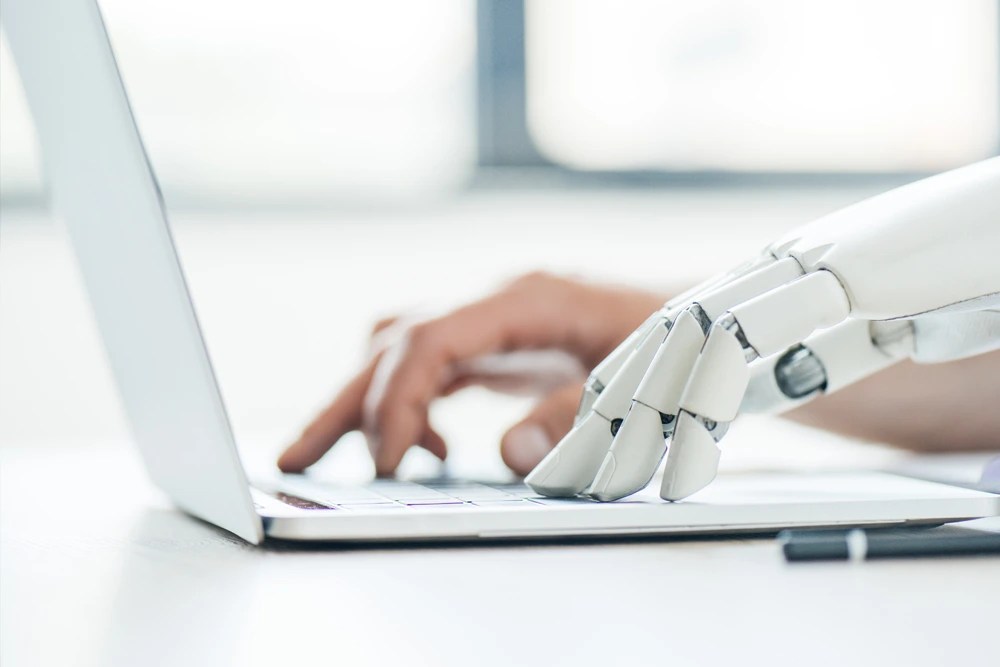The AI Revolution
As Artificial Intelligence (AI) continues to reshape the fabric of our society, individuals of all ages find themselves at the crossroads of technological change and personal growth. In this article, we explore the evolving landscape of life skills for the general population in the context of AI and contemplate whether the emphasis lies in acquiring knowledge or mastering the AI technology itself.
Adaptive Learning in the AI Era: Strategies for Skillful Living
Adaptive strategies for skilful Living encourage individuals to adapt to the changing technological landscape and proactively shape their learning journeys, leveraging AI to empower and live skillfully in the digital age. In this dynamic era, rethinking our approach to life requires a thoughtful blend of:
Adaptability and Resilience. Regardless of age, adapting and being resilient in the face of technological advancements is becoming crucial.
Learning to navigate and embrace changes by AI is a skill set that extends beyond established routines, influencing how we work, communicate, and engage with the world.
Emphasis on Emotional Intelligence. The human touch becomes increasingly valuable in a world where AI excels at processing data and performing tasks. Focusing on emotional intelligence skills, such as empathy, communication, and relationship-building, becomes essential for individuals of all ages.
These skills contribute to a well-rounded personal and professional life, filling the gap where AI may lack a nuanced understanding of human emotions.
Tech Literacy and Digital Wellness. Mastering AI technology doesn’t require becoming a tech expert. Developing a foundational understanding of technology and AI applications is essential for everyone. This tech literacy empowers individuals to make informed decisions and navigate the digital landscape responsibly. Concurrently, a focus on digital wellness—balancing screen time, managing online presence, and fostering healthy relationships with technology—benefits individuals across the population.
Continuous Learning for Career Growth. AI is reshaping industries and job requirements, necessitating a mindset of constant learning for individuals of all ages. Whether entering the workforce or pursuing long-term career goals, the ability to adapt and learn new skills becomes a critical factor in career longevity. Embracing a commitment to continuous learning allows individuals to stay relevant and explore opportunities for growth in the face of technological advancements.
Critical Thinking and Decision-Making. AI excels at processing information, but critical thinking and decision-making remain human strengths. Individuals of all ages can sharpen these skills by questioning assumptions, considering diverse perspectives, and making informed choices. As AI becomes a prevalent force in various aspects of life, the ability to analyze situations critically and make sound decisions becomes invaluable for the entire population.
It is balancing Work and Life in the Digital Age. AI has the potential to streamline tasks and increase efficiency, but it also blurs the boundaries between work and personal life. Learning to strike a balance, leveraging AI tools for productivity while ensuring technology enhances overall well-being, is a skill set applicable to individuals of all ages. Time management, setting boundaries, and fostering a healthy work-life integration contribute to a fulfilling life in the digital era.
The advent of AI brings opportunities and challenges for individuals of all ages seeking to enhance their life skills. Whether focusing on adaptability, emotional intelligence, tech literacy, continuous learning, critical thinking, or work-life balance, mastering AI technology becomes a means to amplify the human experience.
As the general population embraces these skills, they position themselves to thrive in a world where AI is an ever-present partner in the journey of personal and professional growth. The key lies in leveraging AI as a tool for empowerment, enabling a more fulfilling and purpose-driven life in the digital era.
The Capital of France: traditional learning vs adaptive learning
In the age of technology, the traditional method of memorising facts, like the capital of France, is being redefined by adaptive learning. Let’s explore whether learning to operate tools like Google Earth provides a more effective and engaging way to acquire such information:


The shift towards adaptive learning with tools like Google Earth revolutionizes how individuals acquire information.
This approach’s immersive and interactive nature not only makes the learning process engaging but also caters to various learning styles. Learning to operate tools like Google Earth becomes an investment in acquiring information that is not only informative but also memorable and enjoyable.
A tool that can be used even today is ChatGBT





